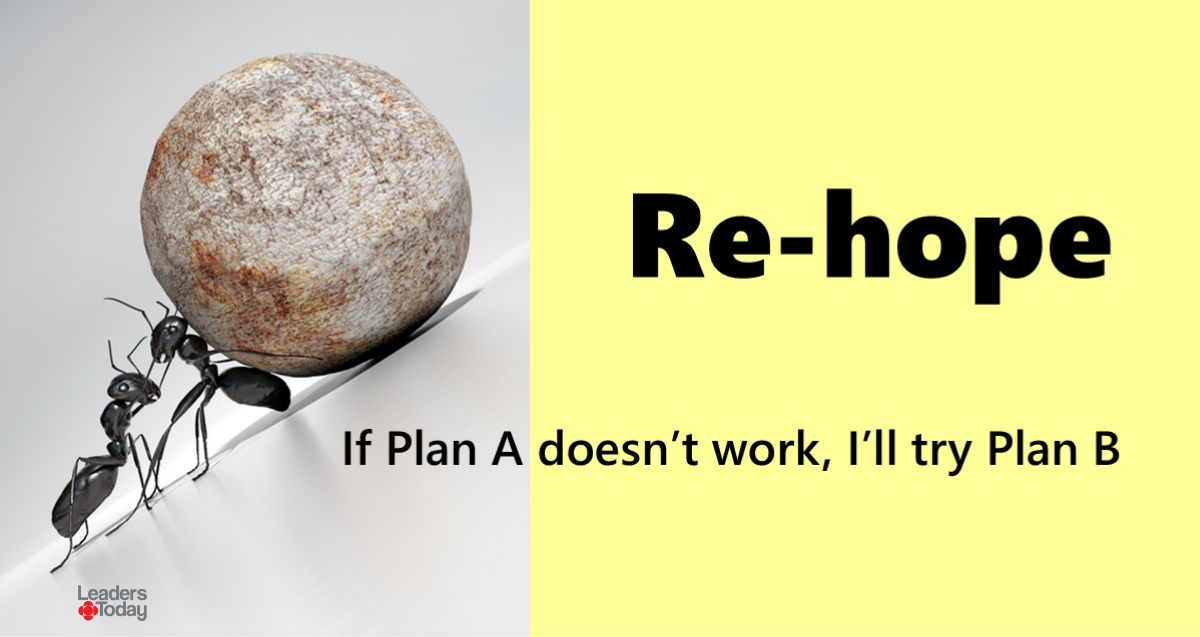Use a coaching approach to run great meetings
You would be surprised how many team leaders and managers really dislike meetings. This is a challenge that my leadership coaching clients often face. Different people may have an aversion towards various aspects of the group gathering experience, from facilitating to time-management or staying on track. In the end it can become excruciatingly uncomfortable if they have the responsibility to convene and lead the meeting.
If this is your case, rest assured, it doesn’t have to be like this. A meeting is not meant to be a one-man show! It doesn’t all have to rest upon your shoulders! A meeting at work is a meeting of many minds, a collaborative effort where everyone’s contribution will move the group forwards. So, put your leader coach hat on, take a little bit of a back seat for once, empower others to do their bit and relax!
Do some self-coaching to prepare for the meeting
Ask yourself these questions to prepare your meeting:
- Why am I hosting this meeting?
- What do I hope to achieve?
- How much time is needed for each agenda item?
- Can it be done in the time we have?
- What is the desired outcome for each agenda item?
- Who must I invite?
- Who doesn’t really have to be there?
- Who else will benefit from this meeting, and how?
- Who else needs to be involved in the preparation phase?
- What kind of meeting will it be (e.g. information dissemination, problem-solving, debriefing, seeking consensus, project management, team-building)? Try and stick to one or two at the most, it will help you have a clear objective for the meeting.
- How will I know that the meeting was worthwhile?
TIP: Make sure to ask your more reserved or introvert team-members who are reluctant to speak up (that could include yourself!), to prepare for any specific agenda item beforehand, so that they can more easily intervene during the meeting.
Use a coaching approach to manage the meeting
As the convener of the meeting you will probably open the session, set a framework and announce the agenda. You might decide to assign roles at this point if you haven’t done so beforehand (e.g. minute writer, time-keeper, etc.).
Then you can hand over the choice of what meeting process to use and the content building to your team by asking some of these questions.
Meeting process/methodology
- Given the agenda, what process do you think would be best to think about and discuss these items (e.g. brain-storm, SWOT analysis, small groups, process workflow)?
- Who needs to intervene on each agenda item?
- How will we make sure everyone gets their say?
- What shall we agree on regarding time-keeping?
Building content during the meeting
- Is everyone clear on what the purpose of the meeting is?
- What are the ideal outcomes from this meeting?
- Who hasn’t had a chance to contribute their idea yet?
- Have we examined all perspectives?
- What haven’t we thought of yet?
- How would this issue look like from a client’s (or any other external party) perspective?
- What does success mean in this instance?
- What will this look like five years from now?
- What questions should we ask ourselves to advance in our reflection?
- What is the wisest decision?
Follow-up
- How will we disseminate the outcomes?
- Who needs to be informed?
- Who will take care of and report on the follow-up (for each agenda item)?
- Whose work will be affected by these decisions (for each agenda item)?
- What needs to get done before our next meeting?
These are just some examples of questions that structure conversations and invite new ideas to make your meeting more effective. You will certainly have many more that are adapted specifically to you and your team’s situation.
The idea is for you to let go of having to run the show, and instead let the collective intelligence of the group emerge through a targeted and methodical question asking process. This opens up space for dialogue, co-creation, and empowerment of your team members who will be very pleased to contribute and have their contribution welcomed as a valuable input to the teamwork.
Why does having a coaching posture help?
Coaching is a method of conversation driven by strategic inquiry that stimulates novel thinking. This conversation can be between two people, or in a group, or can even be in the form of internal dialogue in the case of self-coaching.
In other words, by asking questions, you create some time to reflect on the issue at hand, and more specifically, asking questions — rather than causing you to jump to conclusions — unveils new perspectives.
If you are not asking questions, you will continue to have the same thoughts. Questions trigger new avenues of exploration and they also provide a way to structure thought.
So put your coaching hat on, relax and start asking rather than telling!
Let others come up with their ideas so that you don’t have to put yourself under pressure to be the eternal provider of the perfect solution all the time!
Tell us how you’re getting on with meeting management, post a comment or a question in the box below!
© 2018 Saba Imru-Mathieu
Saba is responsible for organizational development initiatives, coaching culture implementation, and the coaching and educational programs at Leaders Today. As the founding partner, her work focuses on developing international leaders, fostering collaboration in multicultural workplaces, and advancing the skills of coaches within global organizations.








